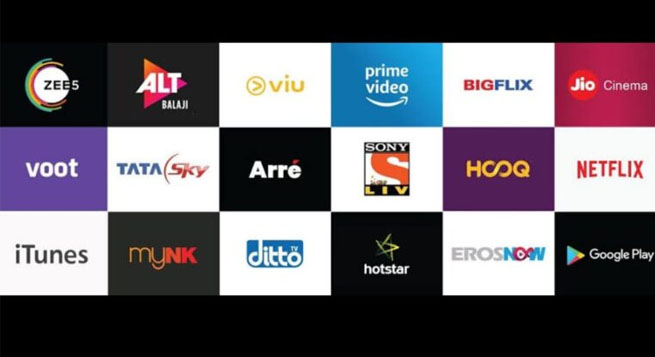The Internet and Mobile Association of India (IAMAI), the Indian trade association that drafted two versions of self regulatory codes for platforms that stream curated content — the last September 2020 version was outright rejected by the government owing to gaps in proper complaint redressal mechanism— yesterday came out with a revised toolkit backed by 17 OTT platforms.
Though the Ministry of Information and Broadcasting (MIB) has admitted at the ongoing parliament session two days back that OTT guidelines are “almost ready” to be “implemented”, its reaction to the latest IAMAI toolkit was not known immediately as government officials were not forthcoming with a view.
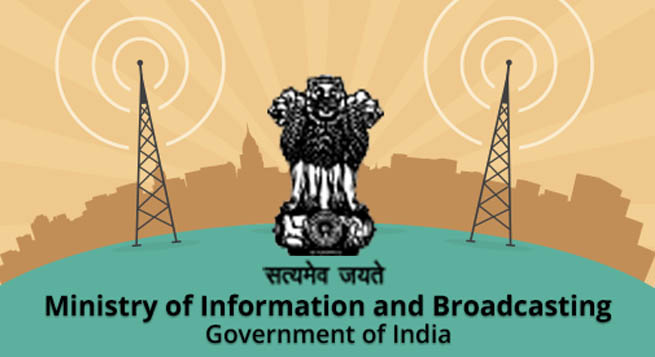
Even as the government has made its intentions clear that it would like to etch out the parameters of self-regulations, IAMAI yesterday said in a statement that purpose of the toolkit was to “provide for procedures to effectuate the various provisions of the code; assist the signatories in fulfilling their commitments and responsibilities as set out in the code, and to achieve effective self-regulation goals as envisioned by the signatories in the code.”
According to IAMAI, the toolkit was to address feedback it had received from the MIB on various issues of conflict of interest and prohibited content or no-go areas.
Though India boasts of approximately 40 big and small OTT platforms, not all are members of IAMAI and the present 17 signatories include ZEE5, Viacom 18’s VOOT, Disney+ Hotstar, Amazon Prime Video, Netflix, SonyLIV, MX Player, Reliance Jio, Eros Now, ALTBalaji, Arre, Hoichoi, Hungama, Shemaroo, Discovery Plus, Aha and a new kid on the block Lionsgate Play.
“IAMAI aims to develop a process to seek periodic updates from the signatories regarding their progress with respect to compliance with the provisions of the code,” the association’s statement stated, adding,
“The signatories have agreed to adhere to all applicable laws of the land, a list of which is annexed to this tool kit. IAMAI secretariat shall keep the signatories informed of any legislative or judicial developments with respect to online content.”
The signatory companies, according to IAMAI, will be trained, the general public will be educated on all aspects of content and compliance mechanism would be audited for sharing with the MIB.
The array of Indian laws that would be followed by the signatory OTT platforms include various sections from The Information Technology Act, 2000; The Indian Penal Code, 1860; The Indecent Representation of Women (Prohibition) Act, 1986; The Representation of the People Act, 1951; Prevention of Insults to National Hon’our Act, 1971; Unlawful Activities (Prevention) Act, 1967; The Official Secrets Act, 1923; The Criminal Law Amendment Act, 1961; The Police (Incitement to Disaffection) Act, 1922; The Emblems and Names (Prevention of Improper Use) Act, 1950; The Scheduled Castes and Scheduled Tribes (Prevention of Atrocities) Act, 1989; The Protection of Civil Rights Act, 1955; Protection of Children from Sexual Offences Act, 2012 and The Juvenile Justice Care and Protection Act, 2015.
Hypothetically speaking, if all the provisions of the laws mentioned are strictly followed by a content creator and the distributing platform, then the final product is likely to be highly simplistic sans any edginess. This could also mean that the platforms would have to curtail the offerings in their respective libraries and weed out in India a sizable number of foreign shows and new-age Indian ones— a point that MIB has stressed during at least two conferences in the recent past: edit the offerings in your catalogue on offer for Indian audiences to adhere to Indian sensibilities.
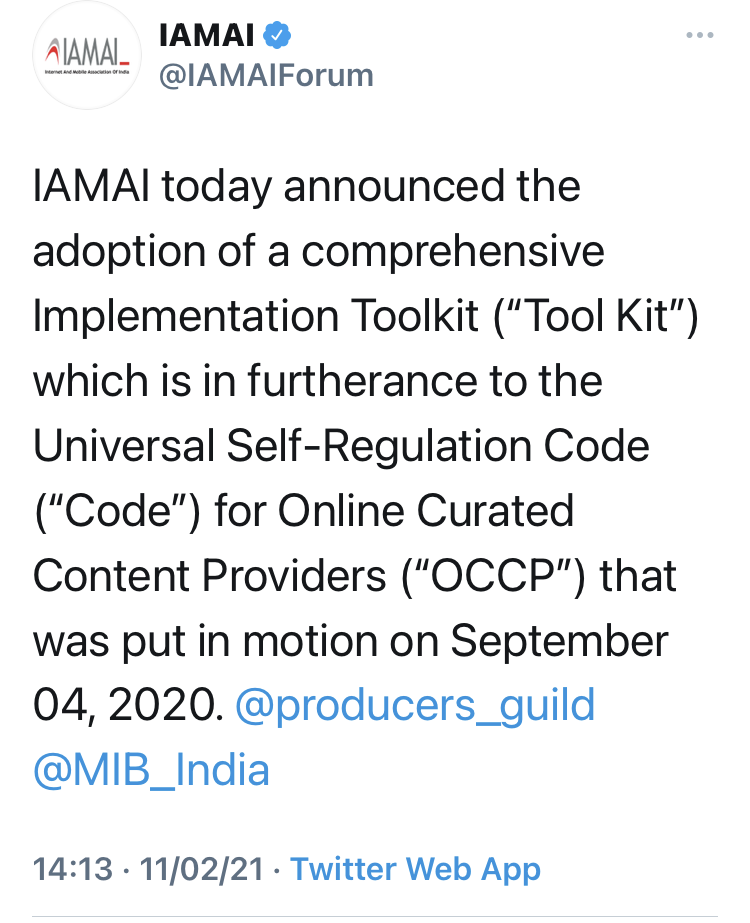
Meanwhile, the IAMAI toolkit talks about creating a division within the organization dedicated solely to regulatory aspects and compliance.
The IAMAI Secretariat shall be tasked inter-alia with the following:
(i) To provide necessary assistance and advice to the Signatories in effectively complying with the Code;
(ii) To develop a process to seek periodic updates from the Signatories regarding their progress with respect to compliance with the provisions of the Code;
(iii) To provide a list of online content specific applicable laws to the Signatories, and keep the Signatories informed about any legislative or judicial developments with respect to online content;
(iv) To assist in arranging periodic training on applicable laws with respect to online content for the designated representatives of the Signatories;
(v) To carry out campaigns, to plan and implement consumer awareness programmes, to educate consumers about the various content safety features (such as, those relating to content descriptors, age classification / maturity rating and access controls) and grievance redressal measures adopted by the Signatories;
(vi) To ensure details of the Grievance Redressal System of each Signatory is available on each Signatory’s India website/mobile applications and publish such details with respect to all Signatories on the IAMAI’s website;
(vii) To guide consumers and regulators / government bodies on the Grievance Redressal System and in case of complaints received from them, to re-direct such complainants to the Grievance Redressal System of the relevant Signatory/non-signatory;
(viii) To encourage non-member online curated content providers to sign and implement the Code;
(ix) To review and update the Tool Kit periodically/as needed; to ensure it is relevant and continues to serve its intended purpose.
The toolkit also holds forth on a robust grievance redressal system by signatory-companies. In case a complaint relates to the content of a non-signatory company, IAMAI will respond to the complainant with a request to take up the issue with the relevant non- signatory directly.
Signatories would also create content complaints department or CCD. Then each signatory will undertake to constitute an advisory panel to decide on the complaints when the complainant is (a) dissatisfied with the decision of the CCD/Internal Committee and (b) requests an escalation in respect of the complaint filed with the CCD/Internal Committee.
The advisory panel will have independent members who are reputed / eminent counsels / jurists / judges, experts in child / general psychology, gender issues, civil rights or animal rights. The decision of the advisory panel shall be implemented within seven (07) working days of signing of a decision.
The approximately 15-page toolkit comes into effect immediately. It remains to be seen whether it gets the blessings of the MIB or the latter would prefer to come out with its own set of guidelines to be handed to IAMAI for implementation.
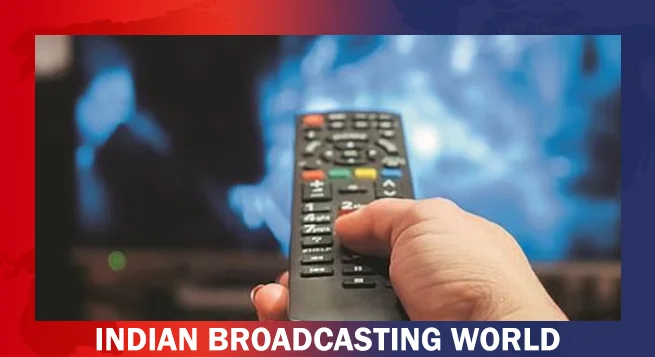 SC tells petitioner to take plea on OTT platforms to govt.
SC tells petitioner to take plea on OTT platforms to govt.  Network18 TV news biz revenue up 28% in Q4 FY24
Network18 TV news biz revenue up 28% in Q4 FY24 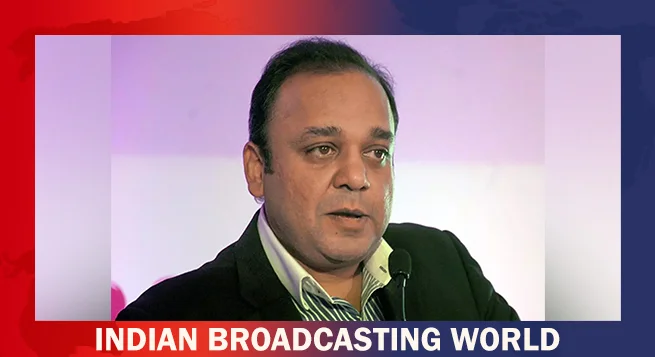 As Zee gets lean, Punit Goenka in charge of critical verticals
As Zee gets lean, Punit Goenka in charge of critical verticals 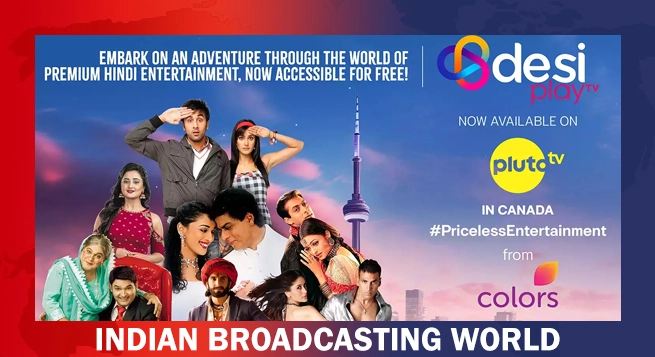 Pluto TV launches Viacom18’s DesiPlay TV, first hindi fast channel in canada
Pluto TV launches Viacom18’s DesiPlay TV, first hindi fast channel in canada 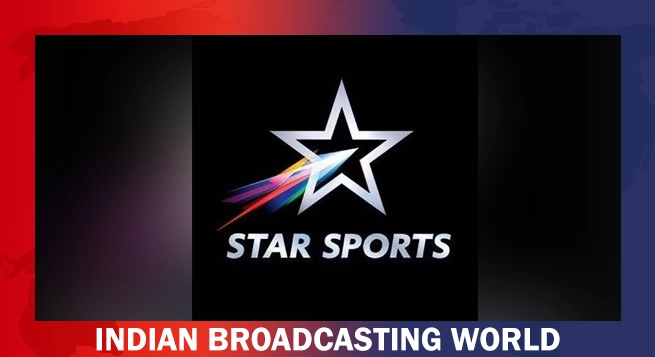 Star Sports launches ‘Visa To World Cup’ week ahead of ICC T20 WC
Star Sports launches ‘Visa To World Cup’ week ahead of ICC T20 WC 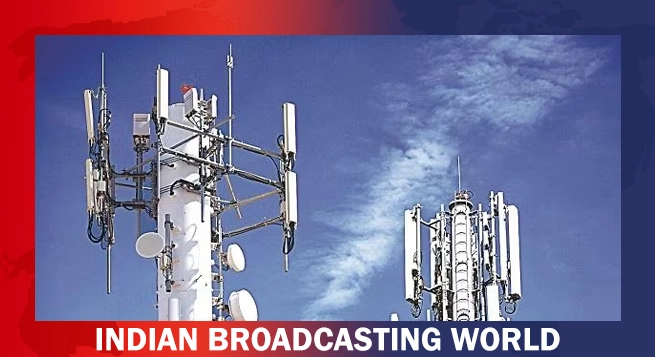 COAI renews call for revenue share between telcos, large companies traffic generator apps
COAI renews call for revenue share between telcos, large companies traffic generator apps 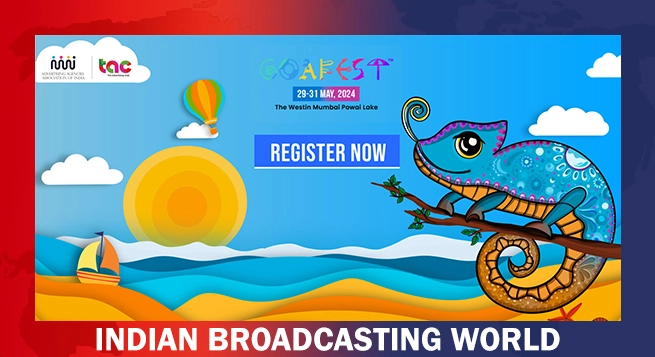 Goafest 2024 invites delegates to register for India’s premier advertising festival
Goafest 2024 invites delegates to register for India’s premier advertising festival  Prime Video sets romantic fantasy series ‘My Lady Jane’ for June release
Prime Video sets romantic fantasy series ‘My Lady Jane’ for June release 

